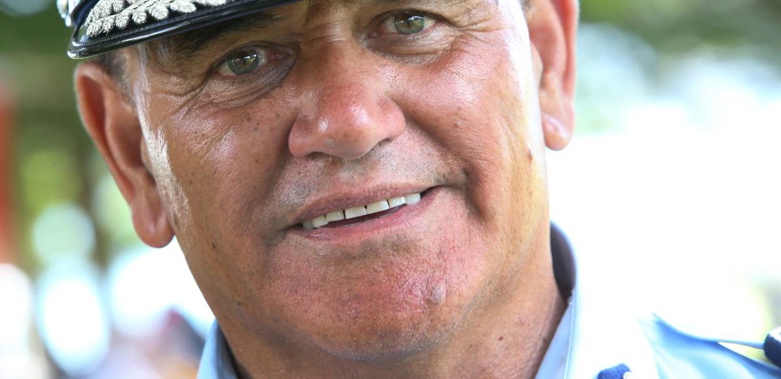
Several dames and knights have rallied behind Deputy Police Commissioner Willy Haumaha following the announcement of an inquiry into his appointment to the role.
Dame Nadia Glavish, Dame Iritana Tāwhiwhirangi, Sir Toby Curtis and Sir Taihākurei Durie have backed Haumaha and highlighted his various successes during their interactions with him.
The inquiry has been undertaken by the State Services Commission into Haumaha's appointment and will look at what information was held about him before he was given the role.
Haumaha worked with the former police officers who Louise Nicholas accused of raping her. He supported them after the scandal broke but has since apologised for his remarks.
New Zealand Māori Council chair Sir Taihākurei Durie said he knew Haumaha personally.
"Even accepting that a higher standard of personal integrity is required of police, I believe that he has led such a cultural change in the police, in the protection of the most vulnerable in our community, that the more appropriate outcome for him now would be a public endorsement of the extent of his change, and of the need for changes of that kind to be made generally throughout our communities."
Dame Iritana, a life member of the Maori Women's Welfare League, also backed Haumaha saying he was a person of "infinite integrity".
President of the New Zealand Federation of Multicultural Councils Pancha Narayanan had known Haumaha since 2004 and said the council wanted to acknowledge his valuable
contribution.
"This includes leading the ethnic strategy in NZ Police," he said..
"The MNZ executive team and I worked closely with Mr Haumaha and his team on this initiative. This commitment to diversity, fairness and inclusion won NZ Police an IPANZ award. "
It also opened doors for people from diverse cultural backgrounds to find meaningful work and allowed more recruitment from migrant communities.
"We also acknowledge his work to confront the incidence of violence against women. A particular example was the 'handbag snatching' incidents in South Auckland involving the Chinese community as victims and Polynesian young men as offenders."
He worked with Haumaha to address the concerns of the Auckland Chinese
communities that were unhappy with the safety of their women.
"Haumaha and I travelled to at least six regions, despite our busy schedules, to listen to communities.
"We also specifically worked with the Chinese community of Auckland."
Haumaha's leadership of the attacks on Chinese, and the proposal that he placed within the police, gave rise to what we know today as the Community Patrol - built on the principles for Maori Wardens, he said.
"It was an exemplary effort - done without any changes to legislation or regulation.
"This showed us that a multicultural and inclusive approach was possible if senior officials in government set their heart to it. "
Take your Radio, Podcasts and Music with you









